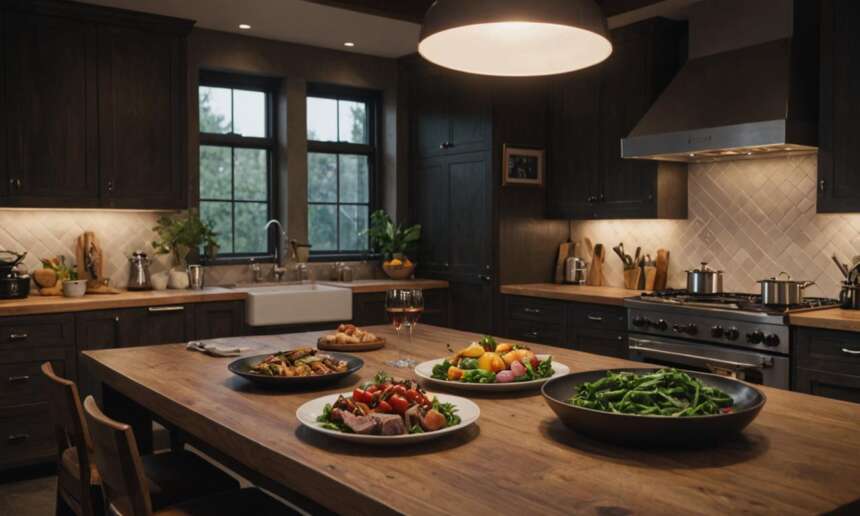When considering hiring a private chef, one of the first questions that often comes to mind is, “How much does it cost?” The cost of hiring a private chef can vary widely depending on several factors, including location, experience, the services offered, and the number of guests being served. In this comprehensive guide, we’ll explore the various factors that influence the pricing of private chefs and give you a better understanding of what to expect when hiring one.
Factors Affecting the Cost of Private Chefs
Several key factors contribute to the overall cost of hiring a private chef:
- Location: The cost of living and demand for private chefs can vary significantly from one location to another. Major metropolitan areas tend to have higher rates for private chefs compared to rural areas.
- Experience and Skill Level: Highly experienced and skilled chefs typically command higher rates than those who are just starting out in their careers.
- Services Offered: Some private chefs offer a wide range of services beyond just cooking, such as menu planning, grocery shopping, and cleaning up afterward. The more comprehensive the services, the higher the cost is likely to be.
- Number of Guests: The number of guests being served will also impact the cost, as larger parties require more food preparation and service staff.
Typical Pricing Structures
Private chefs typically charge either a flat fee or an hourly rate for their services. Some may also charge additional fees for groceries, travel expenses, and special equipment rental. Here are some common pricing structures:
| Flat Fee | Hourly Rate |
|---|---|
| Private dinners: $300-$500 per meal | $50-$150 per hour |
| Weekly meal prep: $400-$800 per week | N/A |
| Special events (e.g., weddings, parties): Custom quote | N/A |
Additional Costs to Consider
In addition to the chef’s fee, there may be other costs to consider when hiring a private chef:
- Groceries: The cost of ingredients can vary depending on the menu and dietary preferences.
- Service Staff: For larger events, you may need to hire additional staff such as servers and bartenders.
- Equipment Rental: If the venue does not have adequate kitchen facilities, you may need to rent cooking equipment and utensils.
Ultimately, the cost of hiring a private chef can vary widely depending on your specific needs and circumstances. By considering factors such as location, experience, services offered, and the number of guests, you can get a better idea of what to expect in terms of pricing. While hiring a private chef may be a significant investment, many people find that the convenience, quality of food, and overall experience justify the expense.
Frequently Asked Questions
Here are some common questions that people often have when considering hiring a private chef:
- What types of cuisine can a private chef prepare?
- Do private chefs accommodate dietary restrictions or special requests?
- How far in advance should I book a private chef for an event?
- Are there any additional fees I should be aware of besides the chef’s rate?
Types of Cuisine
Private chefs typically have diverse culinary backgrounds and can prepare a wide range of cuisines, including but not limited to Italian, French, Asian, Mediterranean, and fusion cuisine.
Accommodating Dietary Restrictions
Yes, many private chefs are skilled at accommodating various dietary restrictions, such as vegetarian, vegan, gluten-free, and food allergies. It’s essential to communicate any special dietary needs with the chef when booking their services.
Booking in Advance
It’s advisable to book a private chef well in advance, especially for special events like weddings or large parties. Booking several weeks or even months ahead ensures availability and allows time for menu planning and preparation.
Additional Fees
In addition to the chef’s rate, clients should inquire about any potential additional fees, such as travel expenses, grocery costs, and service staff fees. Clarifying these costs upfront can help avoid surprises when receiving the final bill.




